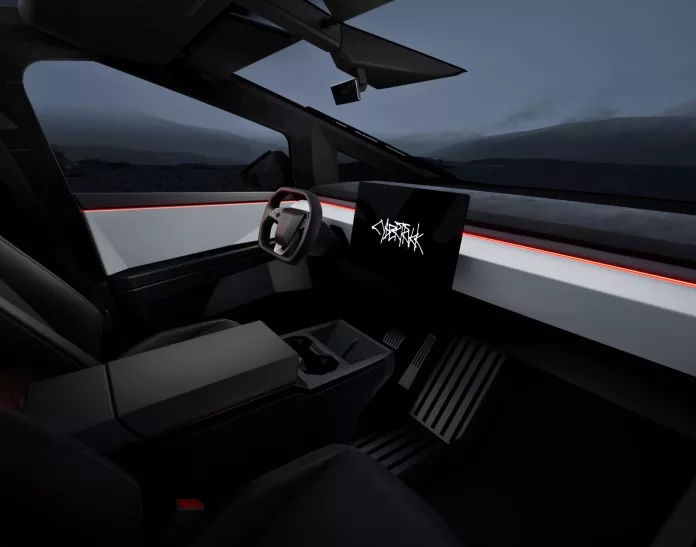The Cybertruck’s Towing Prowess
The electric Cybertruck by Tesla has faced rigorous testing efforts to assess its towing limits, demonstrating a commendable performance that should satisfy the demands of meticulous planning and transportation needs. Understanding this vehicle’s potential and its accompanying restrictions is key to harnessing its full towing capacity.
Cybertruck Through the Lens of an EV Enthusiast
For enthusiasts within the EV community, the capabilities of the Cybertruck are particularly striking, especially when compared to the performance of other electric vehicles during towing tasks. Even with concerns about its regenerative braking potential on steep downhill paths, the truck generally meets expectations.
The Perspective of Conventional Truck Users
However, for those like my father, who employs his robust diesel pickup in demanding work situations, including transporting heavy machinery, the Cybertruck’s current limitations in range and charging speed fall short. It is this realism that sheds light on the stark challenges that serious users face compared to those who utilize diesel pickups for less intensive purposes.
Diving Deeper into Towing Analysis
An in-depth evaluation, as conducted by Jason from Engineering Explained, reaffirms these perspectives, aligning with the findings from various electric truck tests. This analysis examines tests by Car and Driver with electric trucks towing a 6,100-pound trailer at high speeds—a real-world scenario that results in a significant drop in range for most EVs.
The Science of Towing Aerodynamics
The critical takeaway from another study by Mercedes-Benz is that towing range isn’t solely dictated by battery capacity. Aerodynamics, the interaction between the shapes of the towing vehicle and the trailer, plays an essential role; paradoxically, less aerodynamic tow vehicles can actually be more efficient at towing.
The Cybertruck’s flaw lies in its design efficiency, which is advantageous for non-towing scenarios but falls short when paired with a trailer. However, a potential remedy is the integration of a large battery pack—offering a compromise for more demanding towing applications.
A Comparative Look: The Silverado EV’s Towing Performance
Jason’s conclusions touch upon the essentials for optimum towing: long-range, robust charging infrastructure, and affordability. The Silverado EV shows potential in these areas but is hindered by its premium price. Yet, as battery technology advances and scales, more cost-effective solutions may emerge.
Testing the Silverado EV: A Practical Demonstration
The Silverado EV Tackles the Rocky Mountains
In a practical test by Out of Spec Reviews, the Silverado EV delivered a superior performance on a demanding route that included the Rocky Mountains, requiring only a single charge mid-journey. Notably, its regenerative braking efficiency and access to fast charging played pivotal roles in this success.
The experience echoed the fidelity of an ICE pickup’s towing capabilities, potentially satisfying the needs of conventional truck users seeking to transition to electric vehicles.
The Silverado’s Premature Arrival
Despite its strong showing, the Silverado EV may be slightly ahead of its time, with the current bottleneck lying in battery production and supply chain sustainability. It will likely take years for economies of scale to bring prices down to more accessible levels.
Moreover, the Silverado EV’s design is not ideally suited for those who do not regularly tow; its extensive battery production comes with notable environmental implications. Hence, like its gas-guzzling counterparts, the electric truck makes the most environmental and economic sense when used for its intended heavy-duty applications instead of as a casual, urban transport vehicle.


























